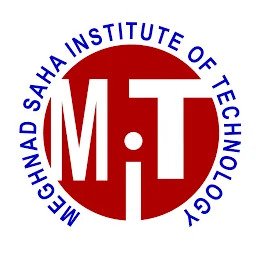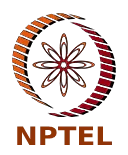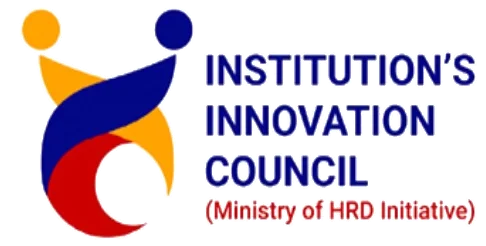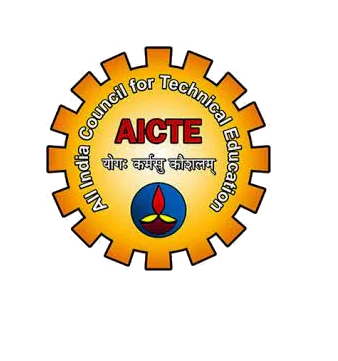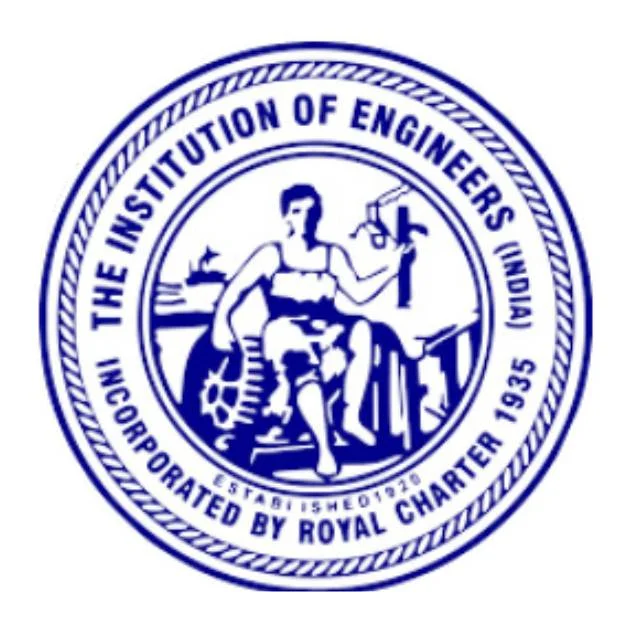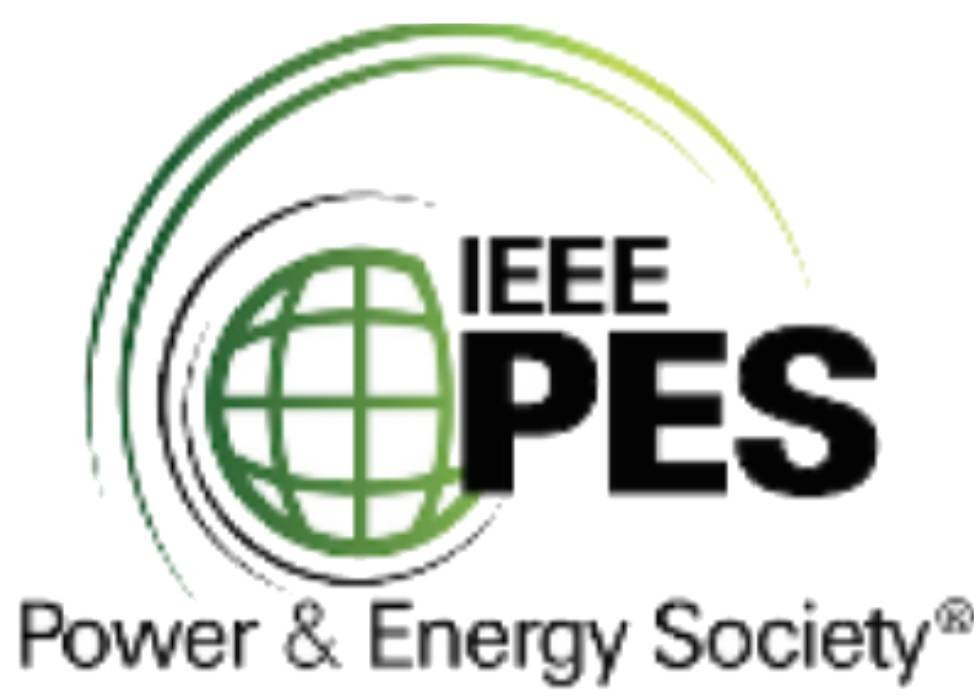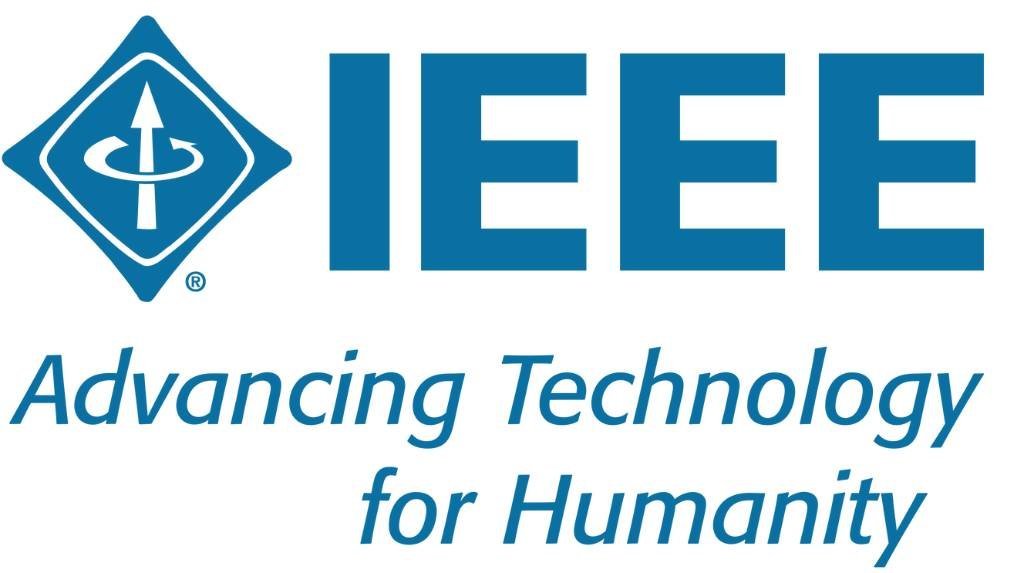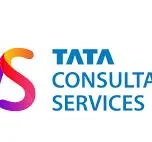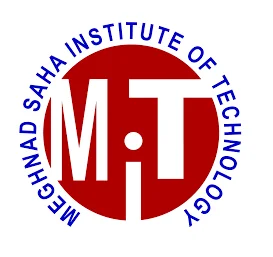Program Educational Objectives (PEO), Program Outcomes (PO), & Program Specific Outcomes (PSO) | BSc Statistics | MSIT
Program Educational Objectives (PEO)
PEO1: To prepare graduates for successful careers as statistical analysts, data scientists, academicians, and researchers in computational and analytical frameworks.
PEO2: To enable graduates to adapt to evolving statistical and computational technologies, demonstrating strong analytical, model designing, and data-driven problem-solving skills.
PEO3: To encourage graduates to pursue lifelong learning, staying updated with dynamic advancements in statistical methodologies and data science.
Program Outcomes (PO)
Graduates of the BSc Statistics program at MSIT will be able to:
Core Statistical & Analytical Skills
PO1 – Statistical Knowledge: Apply the principles of probability, statistical inference, and data analysis to solve complex problems.
PO2 – Problem Analysis: Identify, formulate, and analyze statistical challenges using scientific and mathematical principles.
PO3 – Data Interpretation & Modeling: Design statistical models and data-driven solutions for real-world applications in finance, healthcare, business, and technology.
PO4 – Research & Investigative Skills: Utilize research-based methods, experimental design, and data interpretation techniques for drawing valid conclusions.
PO5 – Modern Tool Usage: Use statistical software, programming tools (Python, R, SQL), and machine learning models for data-driven decision-making.
Professional & Ethical Responsibilities
PO6 – Statistical Impact on Society: Assess the impact of statistical findings on business, public policy, healthcare, and social sciences.
PO7 – Sustainability & Ethics: Demonstrate ethical responsibility in data usage, privacy, and sustainable analytics practices.
PO8 – Integrity in Statistical Practice: Uphold ethical standards in statistical reporting and data-driven decision-making.
Teamwork, Communication & Leadership
PO9 – Individual & Teamwork: Work effectively individually and within multidisciplinary teams on data analysis and research projects.
PO10 – Effective Communication: Present statistical findings clearly and concisely through written reports, data visualizations, and presentations.
PO11 – Project Management & Financial Analysis: Apply statistical knowledge in business analytics, financial modeling, and market research.
Lifelong Learning & Industry Adaptation
PO12 – Continuous Learning & Innovation: Stay updated with emerging statistical techniques, AI advancements, and industry trends.
Program Specific Outcomes (PSO)
Graduates will be able to:
PSO1 – Core Competency in Mathematics & Computing: Apply statistical concepts, probability theory, and computational techniques to develop advanced analytical models.
PSO2 – Data-Driven Decision Making: Utilize statistical tools and machine learning algorithms to identify optimal solutions for real-world problems in business, healthcare, and technology.
PSO3 – Industry & Research Integration: Strengthen industry-academic collaboration by leveraging statistical expertise for economic growth, policy-making, and social impact.
